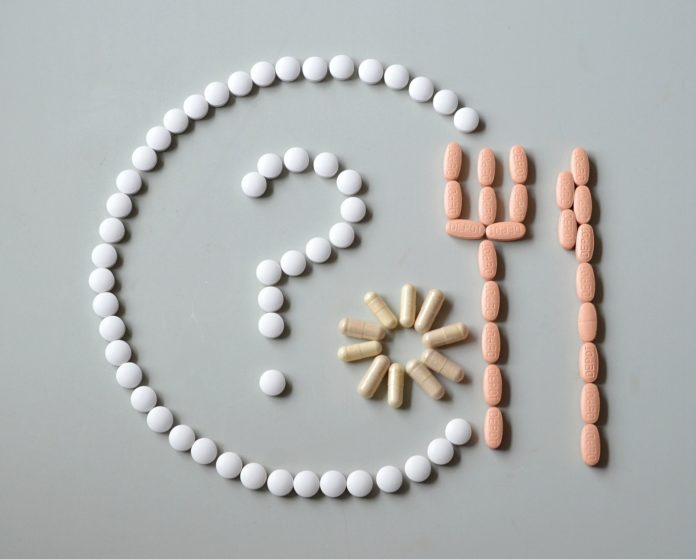Daily pill brings relief for children living with sickle cell anemia
A daily hydroxyurea pill may finally bring some relief for young children living with the painful and deadly blood disease sickle cell anemia (SCA) in resource-challenged sub-Saharan Africa.
The disease is prevalent and health care availability is suboptimal in many of these regions.
These are the findings of a large multinational clinical trial called REACH. The trial showed that the effects of a daily hydroxyurea treatment in 606 children between the ages of 1 and 10 years old.
The children took a pill each day for six months, followed by increases in the daily dosages based on their health status and weight. Initial doses varied between 15-20 mg/kg a day.
“Hydroxyurea was safe and offered many benefits to these young patients, including improved anemia, fewer sickle cell pain events, less malaria, and better survival”
The treatment improved their health by controlling SCA symptoms and, in an expected finding, giving them some protection from malaria that is also prevalent in the region, according to the study’s lead physicians at Cincinnati Children’s Hospital Medical Center and Centre Hospitalier Monkole in Kinshasa, in the Democratic Republic of the Congo.
The results have been published today online by The New England Journal of Medicine in conjunction with being presented at the American Society of Hematology’s annual meeting in San Diego.
The clinical trial determined that hydroxyurea therapy is feasible to use and safe for children in sub-Saharan Africa. Compared to pre-treatment levels, hydroxyurea use was linked to reduced rates of sickle cell pain by an average of 55 percent, infections by 38 percent, malaria by 51 percent, transfusions by 67 percent, and death by 70 percent.
“Hydroxyurea was safe and offered many benefits to these young patients, including improved anemia, fewer sickle cell pain events, less malaria, and better survival,” said Russell Ware, MD, PhD, the study’s senior investigator and a physician-scientist at the Cincinnati Children’s Cancer and Blood Diseases Institute.
Also leading the clinical trial was Leon Tshilolo, MD, PhD, at the Centre Hospitalier Monkole. Investigators named the study REACH, an acronym for Realizing Effectiveness Across Continents with Hydroxyurea. According to Tshilolo, the clinical trial lived up to its name.


